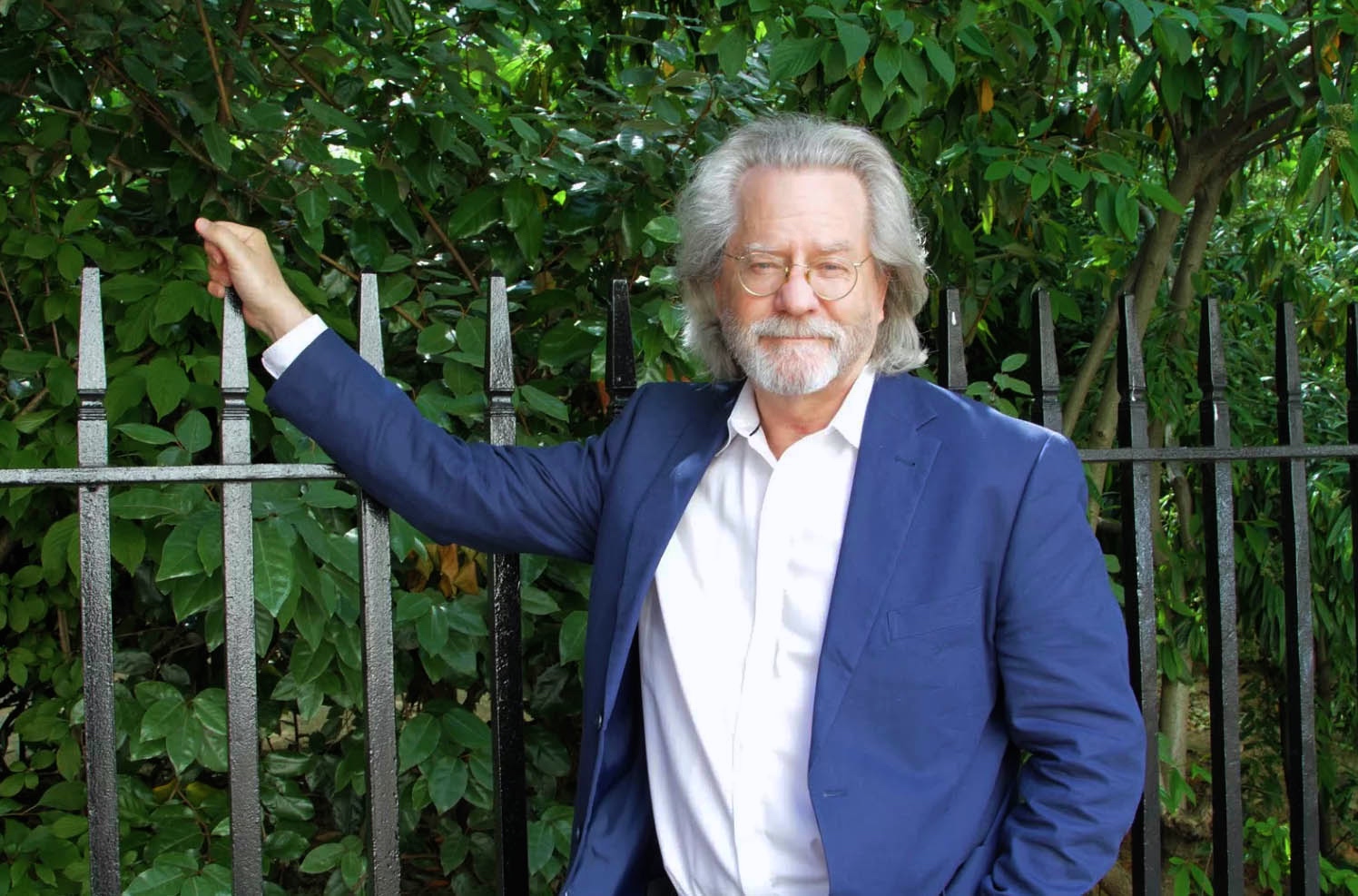Tuesday 27 April | 18:00 BST | 1 hour
Stoicism provided the ethical outlook of educated people in the Hellenic and Roman periods, greatly influenced Christianity which adopted a good slice of its teachings, inspired Renaissance thinkers when classical literature was studied and its insights applied, was the starting point for Descartes' discussion of moral psychology with Princess Elisabeth of Bohemia - they read Seneca together - and was a theme in Enlightenment attitudes. In this talk, Professor Grayling will show why its present-day revival, based largely on late Stoic thinkers like Aurelius and Epictetus, is interesting because of what it shows about the felt need for ethical principles in a secular age.
Back by popular demand, Professor Grayling generously offered to host a sequel to his talk on What the Stoics can teach us about living through the Covid-19 crisis. As with the original talk, this was a Lawyers Group event, hosted by Sir Rupert Jackson, Chair of our Lawyers Group Steering Committee.
Professor A. C. Grayling:
A. C. Grayling CBE MA DPhil (Oxon) FRSA FRSL is the Founder and Principal of New College of the Humanities at Northeastern University, and its Professor of Philosophy. He is also a Supernumerary Fellow of St Anne's College, Oxford. He is the author of over thirty books of philosophy, biography, history of ideas, and essays. He was for a number of years a columnist on the Guardian, the Times, and Prospect magazine. He has contributed to many leading newspapers in the UK, US and Australia, and to BBC radios 4, 3 and the World Service, for which he did the annual 'Exchanges at the Frontier' series; and he has often appeared on television. He has twice been a judge on the Booker Prize, in 2014 serving as the Chair of the judging panel. He is a Fellow of the Royal Society of Arts, a Fellow of the Royal Society of Literature, a Vice President of Humanists UK, Patron of the Defence Humanists, Honorary Associate of the Secular Society, and a Patron of Dignity in Dying.
Sir Rupert Jackson:
Sir Rupert Jackson read classics at Cambridge for two years before defecting to study law. He has retained a lifelong interest in classics and would like to see the benefits of a classical education extended to as many state school pupils as possible. Rupert practised for 25 years as a barrister, then served as a judge for 20 years. He is now an arbitrator based in London and also a part time judge in Kazakhstan. He occasionally gives lectures on Roman history. He is an Honorary Fellow of Jesus College Cambridge and an Honorary Professor at University College London.
To find out more about the Classics for All Lawyers Group, take a look at our leaflet or get in touch at [email protected].

